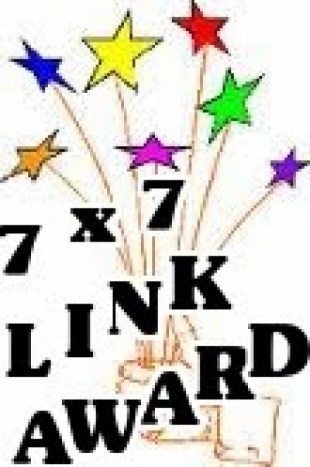With only a few weeks until Christmas, I want to make it clear that this story is about my mother, Mary, and not THE well-known Other Mary. This is one of my favorite stories about how my mother used music in a surprising way to teach young children.
See the picture below of my mother in her 20s, weighing 98 pounds, and teaching kindergarten in a Kansas City school. Mom is in the top row, third from the left end. My cousin Beth, now a grandmother herself, was 5 and visiting my mother’s class that day; she is in the first row, left side at the end.
This story is about a young boy in Mom’s class, a very active, non-attentive, uncooperative, rambunctious boy. One day, after he’d pushed a child, punched another, and grabbed crayons from a third, my mother broke away from the expected discipline. She put her hands on his shoulders, looked him in the eyes, and said, “Oh, Tommy, you must be very tired or I’m sure you wouldn’t act this way. So I’m going to help you find a place to rest.”
She took his nap mat and spread it out behind the old upright piano that sat at an angle near the corner of the room. Tommy had plenty of private space to stretch out behind the piano, but he could neither see nor be seen by the others.
Mom seated all the other children on the floor and she sat at the piano. She began playing and singing nursery melodies about little hands that go clap! clap! clap! and eyes that go blink! blink! blink! and so on. One song, then the next, happy children singing loudly and laughing along with their teacher.
When they stopped to catch their breaths, a little voice behind the piano called out. “I’m all rested, Teacher. I know how to act now.” And he did. Tommy was very helpful after that. And any time he began to slip, she asked if he needed another rest. He didn’t.
Many years later, when I was teaching Transcendentalism to my high school English students, one of my favorite quotes by Henry David Thoreau was this: “If a man does not keep pace with his companions, perhaps it is because he hears a different drummer. Let him step to the music which he hears, however measured or far away.”
It was then that my mother told me the story of Tommy. She laughed, adding, “That works, as long as the individual steps to his own music without stomping on others.” She was very encouraging of individuality, of each person following his own inner beat of a different drum, as long as it didn’t hurt someone else.
This ends (the other) Mary’s lesson, for both children and adults, just in time for the push-and-shove, sugar-high, holiday chaos. And also, if it weren’t for her dementia, my mother would probably remind us to never give young children drums for Christmas. Or any time, actually, unless they live somewhere else and will take the drums with them.

























